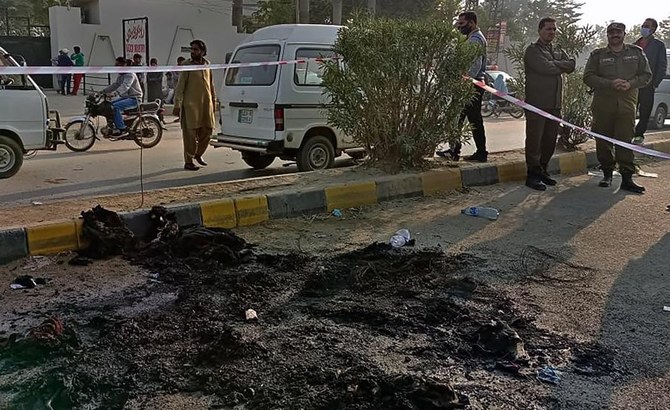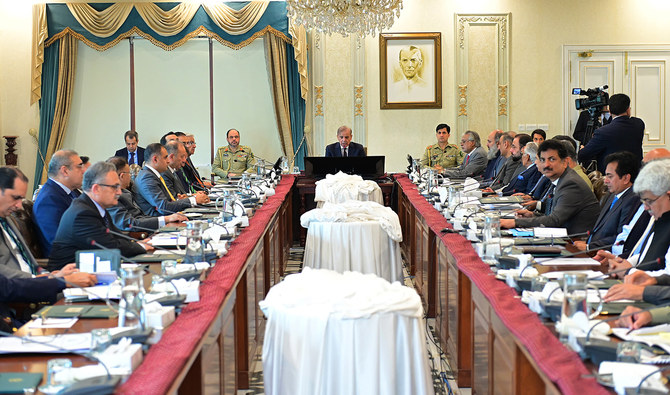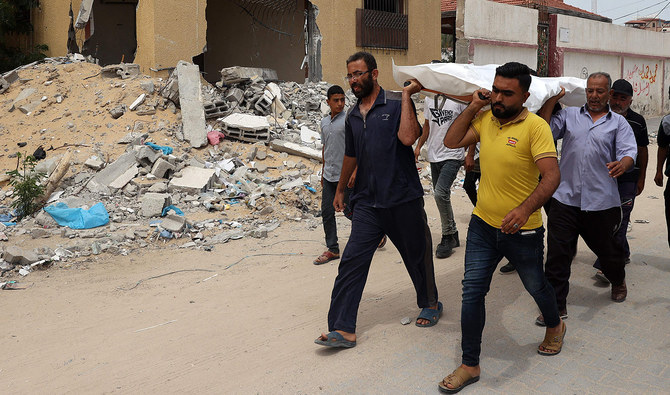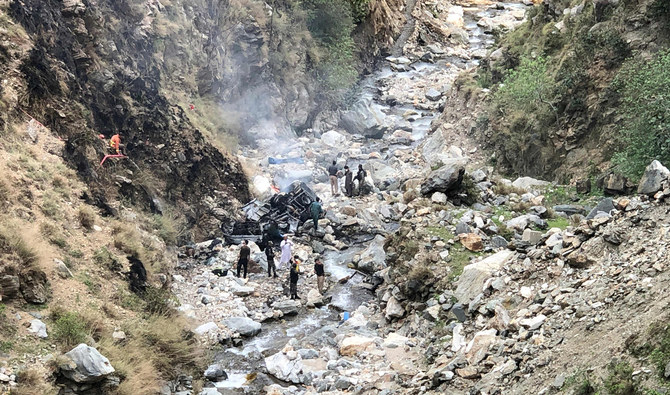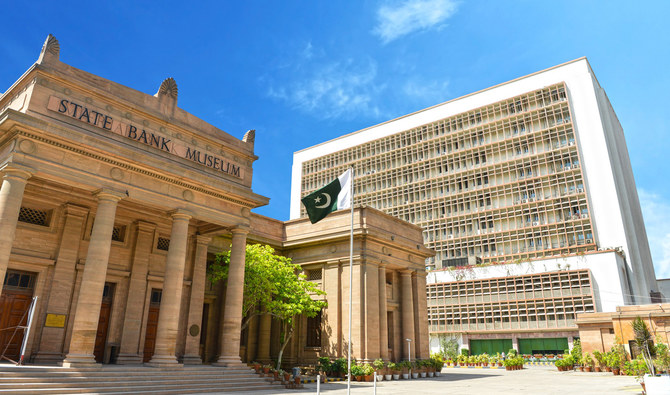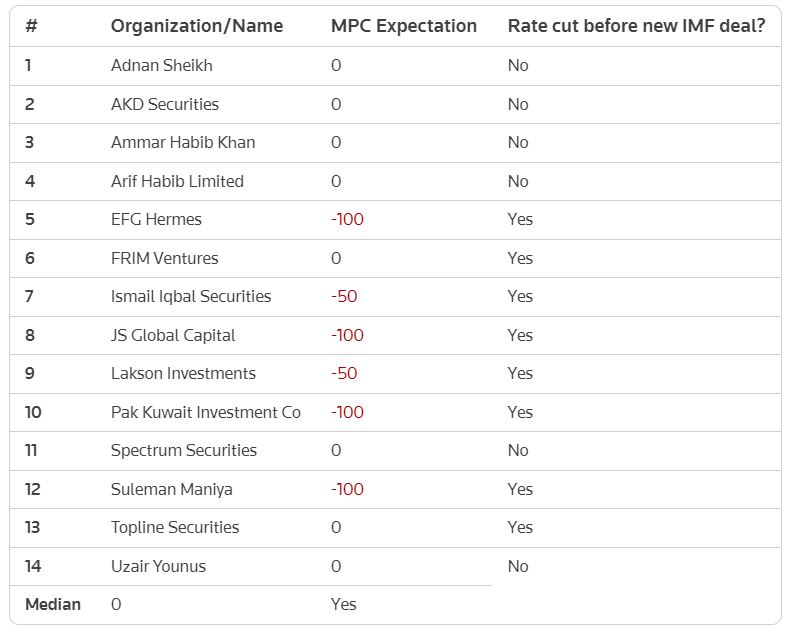ISLAMABAD: Sri Lankan Prime Minister Mahinda Rajapaksa on Saturday said his country and people were “confident” that Pakistani Prime Minister Imran Khan would keep to his commitment of bringing perpetrators of the brutal lynching of a Sri Lankan national in Sialkot to justice.
Priyantha Kumara, who worked at a factory in Pakistan’s eastern city of Sialkot, was beaten to death and set ablaze by a mob on Friday, police confirmed, in an incident that Prime Minister Imran Khan has described as a “day of shame” for Pakistan.
Armagan Gondal, a police chief in the district where the killing occurred in Pakistan’s Punjab province, told media factory workers had accused the victim of desecrating posters bearing the name of Islam’s Prophet Muhammad (Peace Be Upon Him).
The Sri Lankan prime minister said it was “shocking” to see the brutal and fatal attack on Priyantha Diyawadana by extremist mobs in Pakistan.
“My heart goes out to his wife and family. Sri Lanka and her people are confident that PM Imran Khan will keep to his commitment to bring all those involved to justice,” PM Rajapaksa said on Twitter.
The Sri Lankan foreign ministry said it was in the process of verifying the incident with Pakistani authorities, adding that it expected Islamabad to take “required action” to investigate the matter and ensure justice.
“The Sri Lanka High Commission in Islamabad is in the process of verifying the details of the incident from the Pakistan authorities,” it said in a tweet.
“Sri Lanka expects that the #Pakistan authorities will take required action to investigate and ensure justice. We are awaiting results of further #investigations and working with all parties concerned to bring the remains home.”
The Foreign Ministry has received reports of an incident of torture & burning of body of a Sri Lankan in #Sialkot, #Pakistan. The Sri Lanka High Commission in #Islamabad is in the process of verifying the details of the incident from the authorities. @SLinPakistan
— MFA SL (@MFA_SriLanka) December 4, 2021
Pakistani Planning Minister Asad Umar said they had arrested the perpetrators and it would be followed by swift punishment.
“Third, most difficult and most important [thing]: addressing the root causes. Heinous acts like this do not happen in a vacuum,” Umar said in a Twitter post.
First and most immediate work done : perpetrators arrested. Next target : swift punishment. Third, most difficult and most important : addressing the root causes. Heinous acts like this do not happen in a vacuum.
— Asad Umar (@Asad_Umar) December 4, 2021
In his message on Twitter, Pakistani Information Minister Chaudhry Fawad Hussain said he had been thinking what to write on the Sialkot lynching, but words did not convey it.
“Such incidents only pain us for 48 hours and then everything returns to normal and conscience remains buried until the next such incident occurs,” he said on Twitter.
“This apathy is an indication of a bigger storm. Rivers of blood have flown before us in countries.”
The minister said they had placed time bombs in the society and if these bombs were not defused, then what else they would do other than going off. “Time is running out of hands like sand. A lot of attention is required, a lot.”
کل سے سوچ رہا تھا کہ سیالکوٹ واقعہ پر کیا لکھوں لفظ تو بے عمل ہو گئے ہیں، ایسے واقعات صرف 48گھنٹے ہمیں تکلیف دیتے ہیں پھر سب نارمل ہو جاتا ہے اور تب تک احساس دفن رہتا ہے جب تک اگلا واقعہ نہ ہو یہ بے حسی بڑے طوفان کا پیش خیمہ ہے ہمارے سامنے ملکوں میں خون کے دریا بہ گئے
— Ch Fawad Hussain (@fawadchaudhry) December 4, 2021
Police in the Pakistani province of Punjab said they had arrested at least a hundred suspects, including the “main accused,” in the lynching case.
“In Sialkot incident, police have arrested Farhan Idrees, one of the main accused involved in torture and incitement,” Punjab police said on Twitter. “More than 100 people have been arrested,” police added, saying the inspector general of Punjab police was supervising the case.
سیالکوٹ واقعہ میں پولیس نے تشدد کرنے اور اشتعال انگیزی میں ملوث ملزمان میں سے ایک مرکزی ملزم فرحان ادریس کو گرفتار کر لیا ہے۔ 100سے زائد افراد کو حراست میں لےلیا ہےآئی جی پنجاب سارے معاملہ کی خود نگرانی کر رہے ہیں باقی ملزمان کی گرفتاری کیلیے چھاپے مارے جارہے ہیں@UsmanAKBuzdar pic.twitter.com/v7YOpQxwXs
— Punjab Police Official (@OfficialDPRPP) December 3, 2021
Few issues are as galvanizing in Pakistan as blasphemy, and even the slightest suggestion of an insult to Islam can supercharge protests and incite lynching.
PM Khan said he would personally oversee an investigation into “the horrific vigilante attack”: “Let there be no mistake all those responsible will be punished with full severity of the law,” he tweeted.
The horrific vigilante attack on factory in Sialkot & the burning alive of Sri Lankan manager is a day of shame for Pakistan. I am overseeing the investigations & let there be no mistake all those responsible will be punished with full severity of the law. Arrests are in progress
— Imran Khan (@ImranKhanPTI) December 3, 2021
The army chief offered the military’s full support to the civil administration to ensure the perpetrators were arrested and brought to justice.
Human rights minister Shireen Mazari called the incident “horrific and condemnable”: “Mob violence cannot be acceptable under any circumstance as the state has laws to deal with all offenses. Punjab govt’s action must & will be firm and unambiguous.”
Video footage of the incident shared on electronic and social media showed hundreds of people gathered outside the factory, amid plumes of smoke rising from a spot in the center of the crowd where the perpetrators had reportedly burnt the body of the victim after beating him to death. Other videos showed a mob dragging a man’s heavily bruised body out to the street, where they burned it in the presence of hundreds of demonstrators who cheered on the killers.
Many in the mob made no attempt to hide their identity and some took selfies in front of the burning corpse.
The slogans chanted in the social media videos were the same used by supporters of the Tehreek-e-Labbaik Pakistan (TLP), a religious political party that has railed against blasphemy on its rise to prominence.
The TLP has in the past paralyzed the country with protests, including an anti-France campaign after Paris-based satirical magazine Charlie Hebdo last year republished cartoons depicting the Prophet Muhammad (PBUH). The group was only unbanned last month and its leader freed from detention after another period of civil unrest in which seven police officers were killed.
In just five years the party has seen its reach explode in Pakistan, opening a new chapter in the country’s deadly confrontation with the extreme right.
Friday’s latest attack also comes less than a week after a Muslim mob burned a police station and four police posts in northwest Pakistan after officers refused to hand over a man accused of desecrating Islam’s holy book, the Qur’an. No officers were hurt in the attacks in Charsadda, a district in the Khyber Pakhtunkhwa province.
Pakistan’s government has been under pressure for the past several decades to change the country’s blasphemy laws. However, the religious right in the country has strongly resisted such demands.
A Punjab governor in Islamabad was shot and killed by his own guard in 2011, after he defended a Christian woman, Aasia Bibi, who was accused of blasphemy. She was acquitted after spending eight years on death row and, receiving threats, left Pakistan for Canada where she lives in exile with her family.



